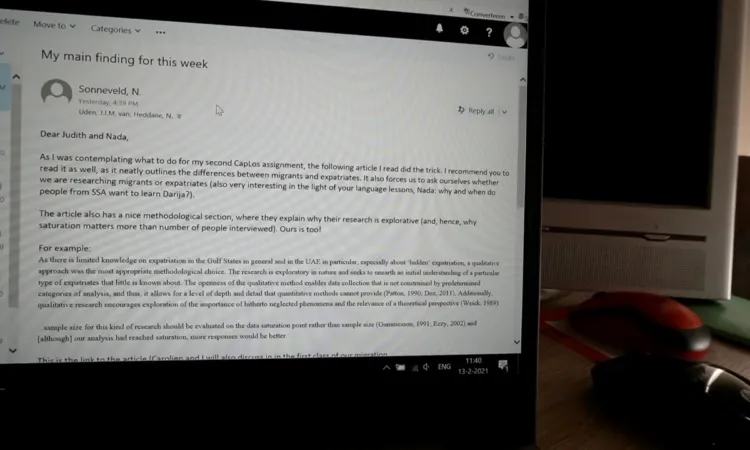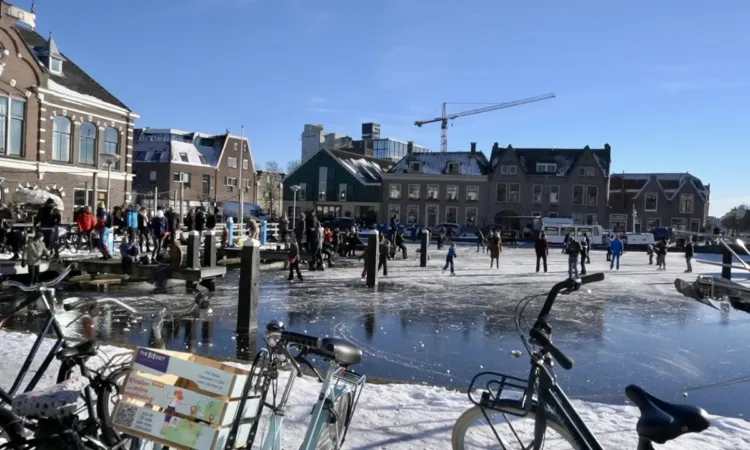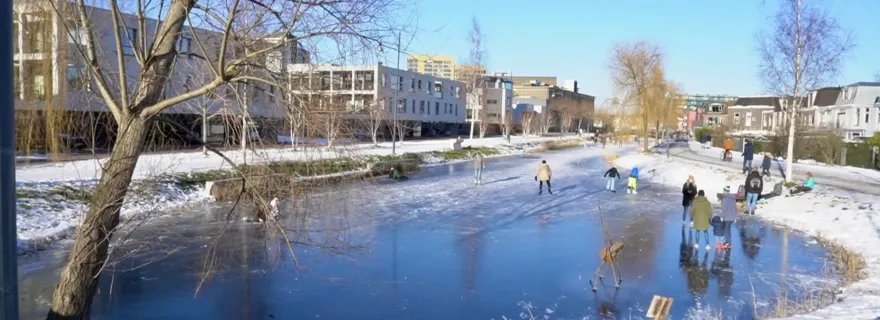Part 1 The subjective nature of labels: Migrant or expat?
In research, we often create categories for analytical purposes even though we know they are never fixed and often overlap. Sometimes, the categories we construct begin to take on a life of their own. They start to feel real, rigid, and unquestionable, and that's where things can get problematic.
Migrant or expat?
The literature on migration to and within Morocco overwhelmingly focuses on Sub-Saharan Africans, despite the fact that the largest groups of registered migrants in Morocco are French—but that’s another matter. What often struck me is that Sub-Saharan Africans are almost never referred to as 'expats,' even though many come to Morocco to study or take up formal employment. In "‘Hidden’ Expatriates: International Mobility in the United Arab Emirates as a Challenge to Current Understanding of Expatriation" Haak-Saheem and Brewster (2017) question conventional understandings of who counts as a migrant and who gets to be called an expatriate. I found the article genuinely refreshing and shared it with the team right away.

A crisp look at labels on a frozen afternoon
The categories 'migrant' and 'expat' are not neutral; they reflect deeper ideas about how mobility is perceived and valued, carrying assumptions about status, contribution, and origin. 'Expat' often implies someone from the Global North who brings skills, capital, or prestige, while 'migrant' is too often used to describe someone from the Global South—assumed to be in need, or even a burden. But this overlooks the fact that many people cross international borders to take on formal jobs, whether practically or theoretically skilled, low-wage or high-wage,often paying taxes in the process.
At the time, I was in the middle of conducting online fieldwork—still stuck behind a screen because of the pandemic. It had been one of the coldest winters in years; the canals had frozen over and the entire country seemed to be out ice-skating. I decided to head outside and hit two birds with one stone: reflect on how the article’s insights might inform our own research (see here for more), and enjoy the rare joy of a frozen, sunlit winter afternoon.



